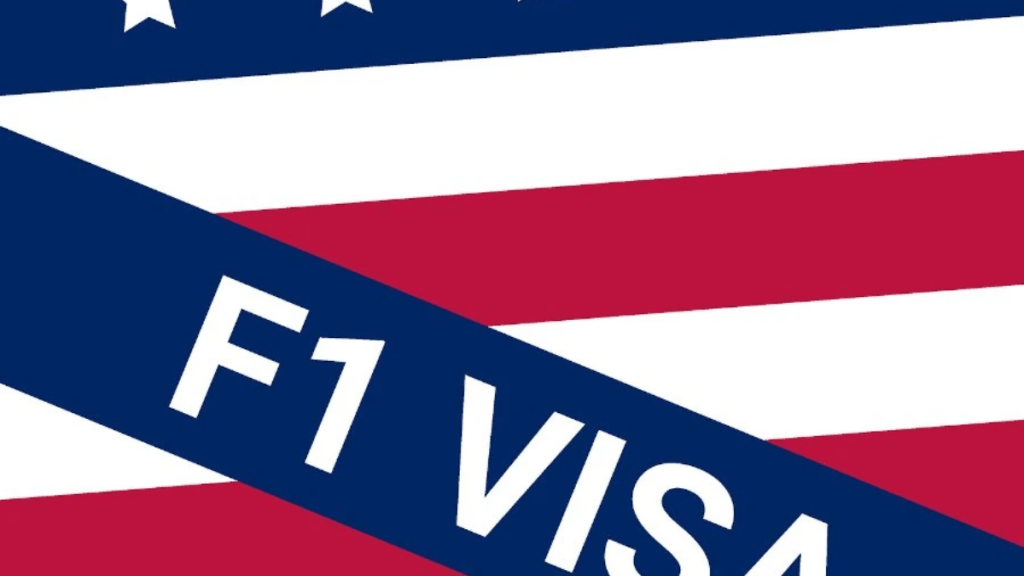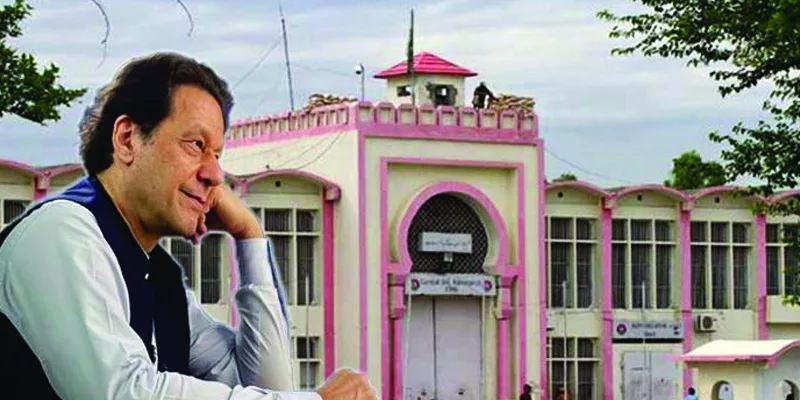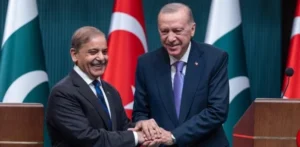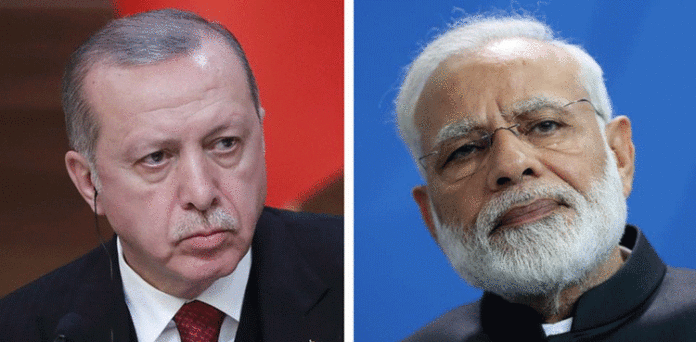
Australia’s Labor Party has announced plans to increase visa fees for international students to A$2,000 if it wins re-election, as part of a broader approach to managing the country’s booming education and migration sectors. The current visa fee stands at A$1,600, following a sharp increase from A$710 in July of the previous year. The proposed adjustment is expected to generate around A$760 million over the next four years, according to a statement released by Treasurer Jim Chalmers and Finance Minister Katy Gallagher. Gallagher noted that the change reflects the perceived value of education in Australia.
The opposition coalition has also proposed higher visa fees, suggesting a minimum charge of A$2,500, and up to A$5,000 for students applying to the country’s most prestigious universities, known collectively as the Group of Eight. These policy moves come amid concerns over housing affordability, which has been partly linked to increased migration.
Recent government data shows that nearly 200,000 international students arrived in Australia in February 2025, a 12.1% increase from the same period last year and over 7% higher than levels seen before the COVID-19 pandemic. The influx of international students has not only driven up demand in the education sector but also contributed to pressure on housing markets in major cities.
To manage the impact of migration, Labor has pledged to limit new international student commencements to 270,000 in 2025. The opposition supports an even stricter cap of 240,000. In 2024, more than one million international students were enrolled in Australian institutions, with 572,000 starting their studies that year.
Student visa costs in Australia are already higher compared to countries like the United States and Canada, where fees are approximately $185 and C$150 ($108) respectively. In addition to raising visa fees, the Australian government has implemented stricter requirements in other areas. These include higher English language standards for student and graduate visa applicants and expanded authority to bar education providers from recruiting international students if they consistently violate regulations.




















